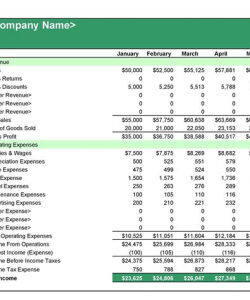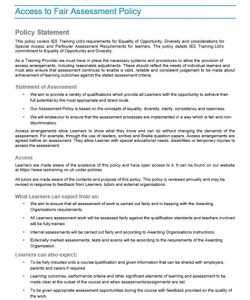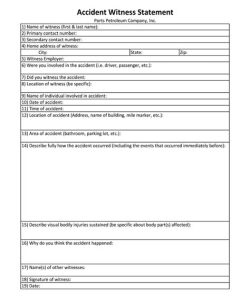Pursuing a master’s degree is a significant step in one’s professional and academic journey. Crafting a compelling personal statement is crucial to showcase your qualifications, motivations, and aspirations. This template provides a structured framework to guide you in creating a personal statement that effectively highlights your potential and aligns with the program’s objectives.
Before delving into the template, it’s essential to thoroughly research the specific program you’re applying to. Familiarize yourself with the program’s goals, curriculum, and faculty interests. This will enable you to tailor your personal statement to the program’s unique requirements and demonstrate how your aspirations align with the program’s offerings.
1. Introduction: Hook, Thesis, and Roadmap
Begin your personal statement with a captivating hook that grabs the reader’s attention. This could be a personal anecdote, a compelling statistic, or a thought-provoking question that relates to your academic or professional background. Your hook should immediately pique the reader’s interest and create a desire to learn more about your motivations and goals.
Next, craft a clear and concise thesis statement that outlines your main argument. This statement should effectively summarize your qualifications, aspirations, and why you believe the specific master’s program is the ideal platform for your professional growth. Ensure your thesis statement is specific, engaging, and provides a roadmap for the rest of your personal statement.
In the final paragraph of your introduction, provide a brief roadmap of the main points you’ll cover in the body of your personal statement. This will help the reader navigate your statement with ease and gain a clear understanding of the structure and flow of your ideas.
2. Body Paragraphs: Experience, Skills, and Alignment
In the body paragraphs, elaborate on the key experiences, skills, and achievements that make you an exceptional candidate for the program. Discuss specific projects, research, coursework, or leadership roles that demonstrate your qualifications and passion for the field. Be sure to provide concrete examples and evidence to support your claims.
Emphasize transferable skills that are relevant to the program, such as critical thinking, analytical reasoning, communication, and problem-solving. Highlight your ability to work independently and as part of a team, as well as your adaptability and eagerness to learn. Showcase your commitment to the field through extracurricular activities, internships, or volunteer experiences.
Finally, explain how your goals and aspirations align with the program’s objectives. Discuss how the program’s curriculum, faculty expertise, and research opportunities will contribute to your professional and academic growth. Demonstrate your enthusiasm for the program and articulate how it aligns with your long-term career aspirations.
3. Conclusion: Impact, Value, and Call-to-Action
In the conclusion, summarize your main points and reiterate your thesis statement. Emphasize the impact you expect to make in the field and how the master’s degree will empower you to achieve your goals. Share your vision for the future and express your confidence in your ability to succeed in the program and contribute to the academic community.
End your personal statement with a strong call-to-action. Request the admission committee to consider your application and express your enthusiasm for the opportunity to join the program. Thank the committee for their time and consideration, and leave a lasting impression with a closing remark that reflects your passion and determination to make a meaningful contribution to the field.



